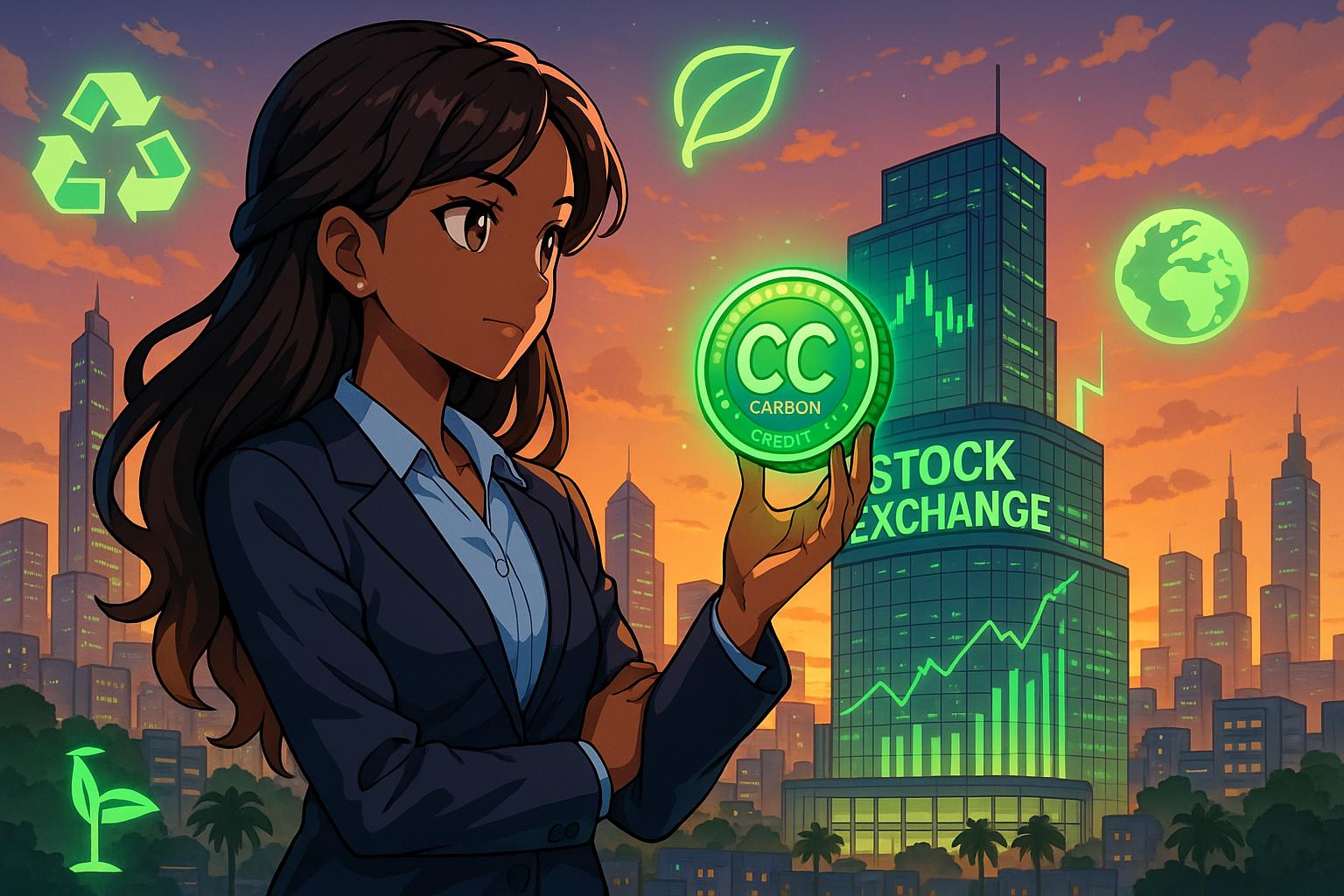Participants in the voluntary carbon market (VCM) remain optimistic about its future, despite a recent decline in market value. This governance of carbon offsets, employed by businesses and organisations to mitigate their greenhouse gas emissions, has come under scrutiny as fluctuations in pricing and demand highlight its vulnerabilities. Nevertheless, stakeholders advocate for the potential of a revitalised market, projecting growth driven by innovative regulatory frameworks and strategic initiatives aimed at unlocking new opportunities.
One prominent effort is the establishment of the Africa Carbon Support Facility by the African Development Bank (AfDB). This initiative seeks to bolster carbon markets across African nations through the development of robust carbon trading policies and infrastructure. Currently, Africa contributes minimally to global emissions yet faces significant climate threats, including severe droughts and storms. The AfDB aims to integrate carbon credits into local stock exchanges, which could dramatically increase their market value. According to the Bank, the urgency of this development is paramount, as enhanced carbon markets could provide crucial funding for emission-reducing projects, supporting both economic resilience and environmental sustainability across the continent.
Simultaneously, recent developments in standardisation initiatives are reshaping the landscape of the VCM. The Carbon Data Open Protocol (CDOP) and the updated Corporate Net-Zero Standard under the Science Based Targets initiative signal a shift towards greater accountability and transparency within the market. These initiatives, launched by a coalition of organisations including Sylvera and S&P Global, advocate for more rigorous verification processes and data interoperability. They compel companies to focus on meaningful emissions reductions before relying on carbon credits, suggesting an end to the era of lax standards. This tightening of regulations is likely to elevate the credibility of carbon credits, encouraging more corporate participation.
The challenge of maintaining credibility in the VCM is acknowledged by many, with recent research from the Integrity Council for the Voluntary Carbon Market underscoring the necessity of scaling up marketplace efforts to meet escalating climate goals. The introduction of the Core Carbon Principles is one such solution aimed at ensuring that the carbon credits traded are of high quality. Alongside this, the Voluntary Carbon Markets Integrity Initiative is developing a code of conduct for companies engaging with carbon credits. With collective action from private and public sectors, there is potential for forging a more credible and impactful market that aligns with global sustainability efforts.
Prospective regulatory frameworks also play a significant role in defining the future of the VCM. At the upcoming COP29 climate summit, there is anticipation surrounding the finalisation of a global trading system for carbon offset credits. Achievements here could effectively integrate voluntary mechanisms with the compliance structures established under the Paris Agreement, creating a cohesive approach to carbon pricing. Such developments could enhance market confidence and stimulate higher-value transactions, revitalising the appeal of the VCM.
Across the globe, individual jurisdictions are also making strides in cultivating their carbon markets. Singapore, for instance, is positioning itself as a nexus for carbon trading, enhanced by recent investments aimed at ensuring market transparency and regulatory integrity. Efforts such as allowing companies to offset their national carbon tax liabilities with carbon credits illustrate a proactive approach to harnessing market potential, even amid prevailing scepticism over the sector's stability.
Overall, while the current state of the voluntary carbon market presents challenges, the emerging initiatives, regulatory frameworks, and heightened accountability measures signify a determined push towards a brighter and more sustainable future. Through these concerted efforts, stakeholders remain hopeful that the voluntary carbon market will evolve into a more robust mechanism for combatting climate change, ultimately contributing to a more sustainable global economy.
Reference Map:
- Paragraph 1 – [1], [6]
- Paragraph 2 – [2], [4]
- Paragraph 3 – [3], [4]
- Paragraph 4 – [4], [5]
- Paragraph 5 – [6]
- Paragraph 6 – [1], [3]
Source: Noah Wire Services
